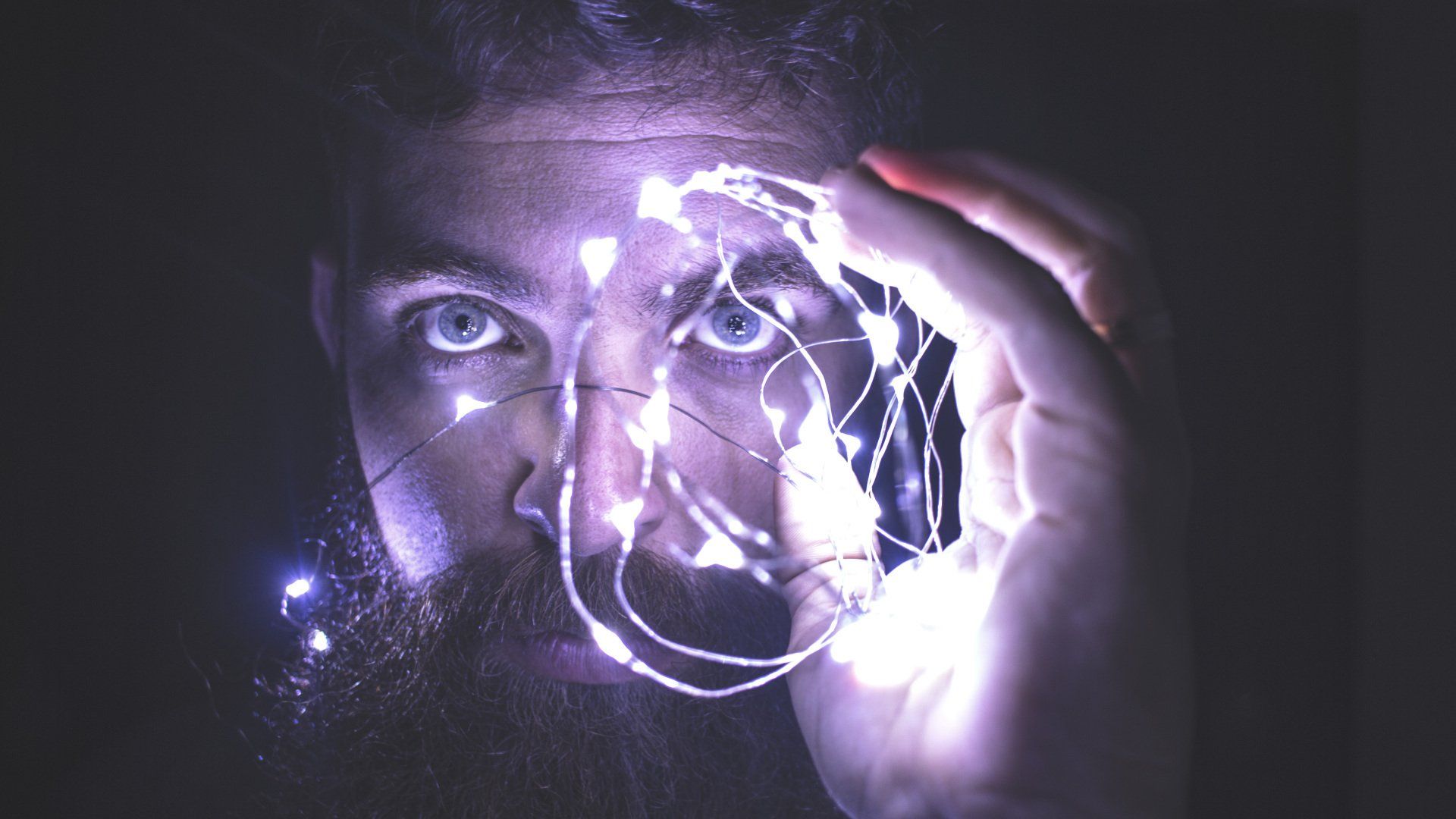Geral Blanchard, LPC, is a psychotherapist who is university trained in psychology and anthropology. Formerly of Wyoming and currently residing in Iowa, Geral travels the world in search of ancient secrets that can augment the art and science of healing. From Western neuroscience to Amazonian shamanism, he has developed an understanding of how to combine old and new healing strategies to optimize recovery, whether from psychological or physical maladies.
MDMA: Helping Your Brain Get Unstuck
MDMA, helping your brain get unstuck, and the Default Mode Network (DMN)
One of the world’s renowned authorities on psychedelics and empathogens (like MDMA) is neuroscientist Robin Carhart-Harris. Along with Dr. James Cook of London, they offer an explanation of what some psychedelics do to the human brain that is similar to MDMA’s more gentle reorganizational abilities. They argue that there is an authoritarian part of the brain, much like a dictator, that can dominate our thinking and disallow new and competing ideas to be entertained. Entrenched ways of thinking often need to be disrupted and mind altering substances help this process along.
This entropic brain hypothesis suggests the brain must experience a bit of anarchy before old patterned thinking can be effectively challenged, disrupted, and dislodged, so an alternate set of beliefs and expectations can emerge. To update our thinking we must open new circuitry in the brain and allow deeply rooted and fearful ideas to be contested, especially regarding what terrible things are most certainly going to happen next. MDMA can foster this process.
This is a role several psychedelics and empathogens can play. They can relax the brain sufficiently to disable relentless and controlling beliefs. It is like an anarchic situation first must unfold before a despotic brain can consider fresh ideas and create a new emotional state.
The stuck state I refer to has been coined the default mode network (DMN) – hyper active cell activity occurring deep within the neocortex which are the underpinning of our entrenched beliefs about the self and our relationships. Under the influence of modern brain plant and pharmaceutical medicines the DMN loses its tight grip over the remainder of the brain and old beliefs begin to topple. Additional evidence seeps in during a suggestive state (the hypnogogic, theta brain wave state) that counters persistently problematic and limiting ideas. Unjustified negative expectations are successfully carefronted and can be cast aside. Like a domino effect, a relaxing of DMN’s grip creates a cavalcade of new neuronal firings, brain wide, that allows other regions to systemically help “get it right,” to see circumstances from a more balanced perspective. At this point, the brain can function more like a symphony.
It is as if a dam breaks and a new river of thinking begins to flow. Negative expectations are often replaced with more realistic and hopeful thinking.
As a result, patterned authoritarian thinking diminishes and with it anxiety and depression often lift, sometimes permanently. Problem-solving abilities are enhanced. The result is like having a new lens to see the world. Our habituated way of seeing life is replaced with greater clarity of thought and emotion. For trauma victims it can feel like freedom. Maybe this doesn’t happen for absolutely everyone, but certainly the vast majority of patients experience this kind of relief upon experiencing MDMA or psilocybin in a quiet and very safe clinical setting.
*********
Other Topics
Basics of MDMA
Rituals and Ceremony
Brain and MDMA
Trauma
Heart
Energy Movement
Quantum Physics
Native Cosmologies
Nature
Spirituality/Enlightenment
Kogi Tribe
Books written by Geral T. Blanchard
More Articles



















